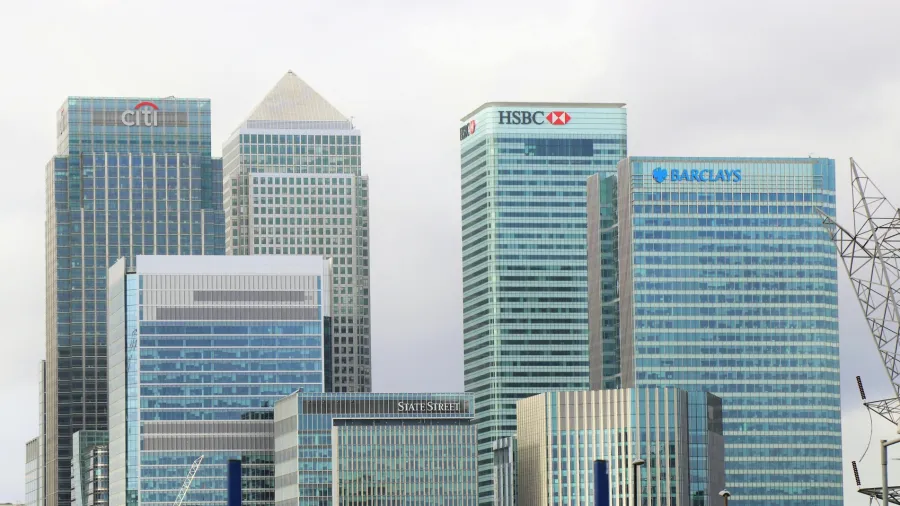
Banking sector poses highest money laundering risks in Singapore
Non-banking sectors such as corporate service providers, real estate, casinos, and precious stones also pose high ML risks in the country.
Singapore's banking, including wealth management, sector poses the highest money laundering (ML) risks, according to the updated Money Laundering National Risk Assessment (NRA) released on 21 June.
The report said that banks, due to their role in managing large transaction volumes and servicing high-risk customers, are particularly vulnerable to exploitation by criminals.
Additionally, corporate service providers (CSPs) face higher ML risks due to their role in company incorporation and their occasional link to the misuse of legal entities. Other high-risk DNFBP sectors include real estate, licensed trust companies, casinos, and precious stones and metals.
According to the updated ML NRA, the major ML threats arise from fraud, particularly cyber-enabled fraud orchestrated by overseas syndicates. Additional threats include foreign predicate crimes such as organised crime, corruption, tax crimes, and trade-based money laundering.
Moreover, Illicit funds often flow into or through Singapore via bank accounts, misuse of shell companies, and investment in high-value assets like real estate and precious stones/metals.
The digital payment token sector has also seen a rise in reported ML cases. “Hence, while DPT activities in Singapore form a small portion of global activities, Singapore authorities are closely monitoring the risks involving the sector,” it stated.
Other high-risk financial sectors include payment institutions offering cross-border money transfer services and external asset managers.
The revised ML NRA is part of Singapore’s ongoing efforts to strengthen its anti-money laundering (AML) regime amidst an evolving risk landscape. It integrates insights from Singapore’s supervisory and law enforcement agencies, the Financial Intelligence Unit—Suspicious Transaction Reporting Office (STRO), private sector feedback, and input from international counterparts.
The government assured it remains dedicated to implementing appropriate measures to address these identified risks.




![Lorem Ipsum [ABF 1]](https://cmg-qa.s3.ap-southeast-1.amazonaws.com/s3fs-public/styles/exclusive_featured_article/public/2025-03/a_hand_pointing_to_a_futuristic_technology_5b87c9d0e3_1.png.webp?itok=2w0y1WhS)


![Cross Domain [Manu + SBR + ABF + ABR + FMCG + HBR + ]](https://cmg-qa.s3.ap-southeast-1.amazonaws.com/s3fs-public/styles/exclusive_featured_article/public/2025-01/earth-3537401_1920_4.jpg.webp?itok=WaRpTJwE)








 Advertise
Advertise

